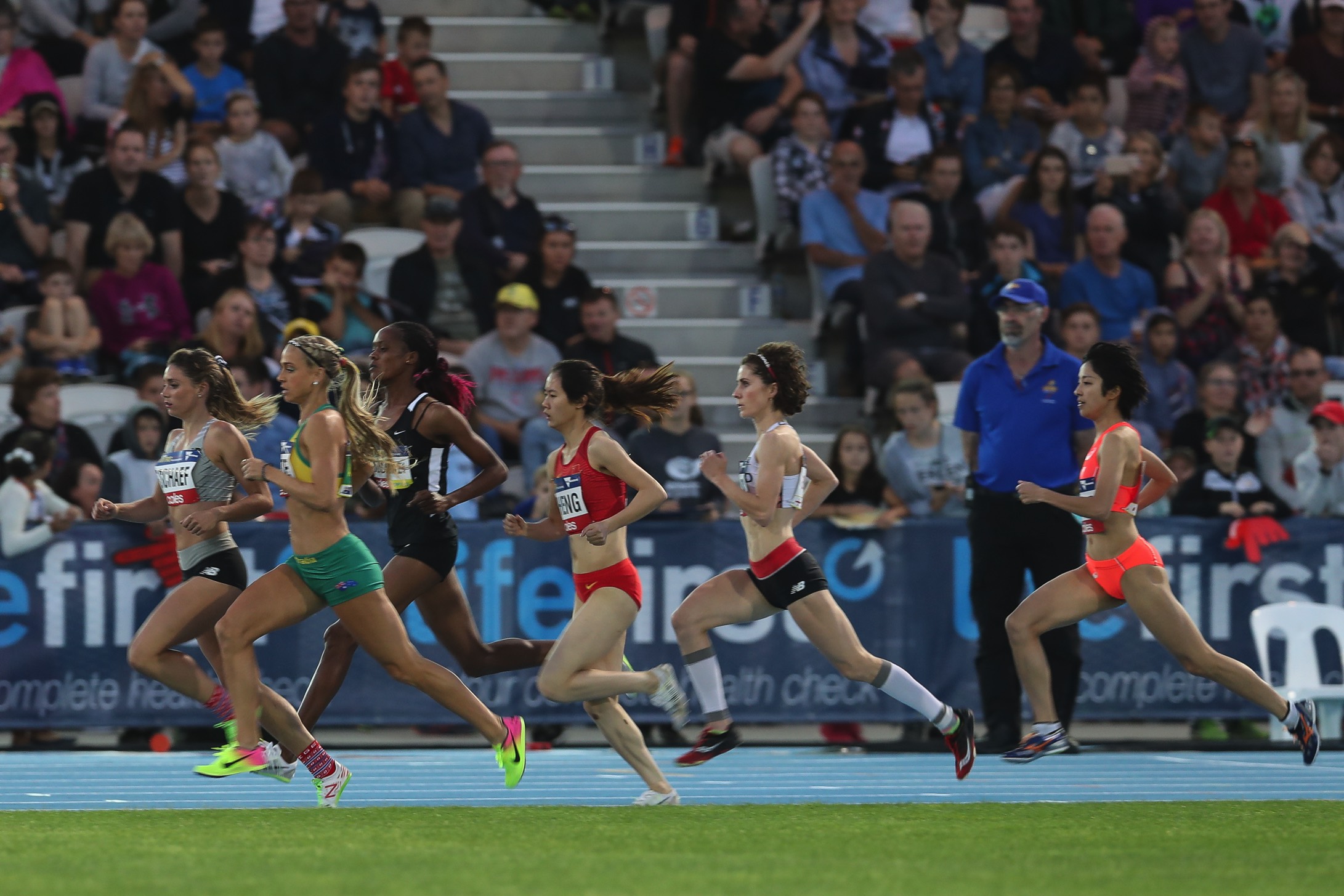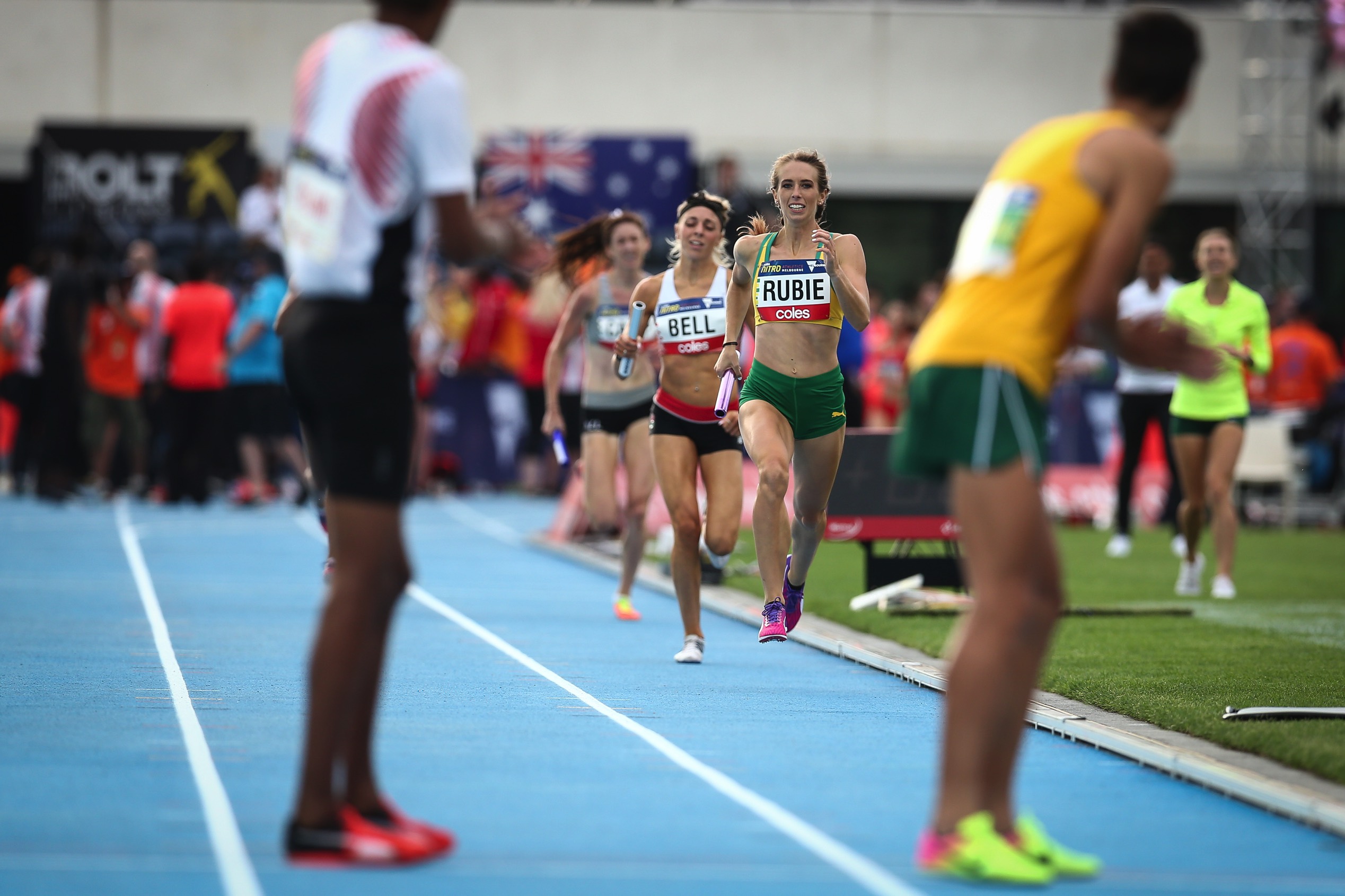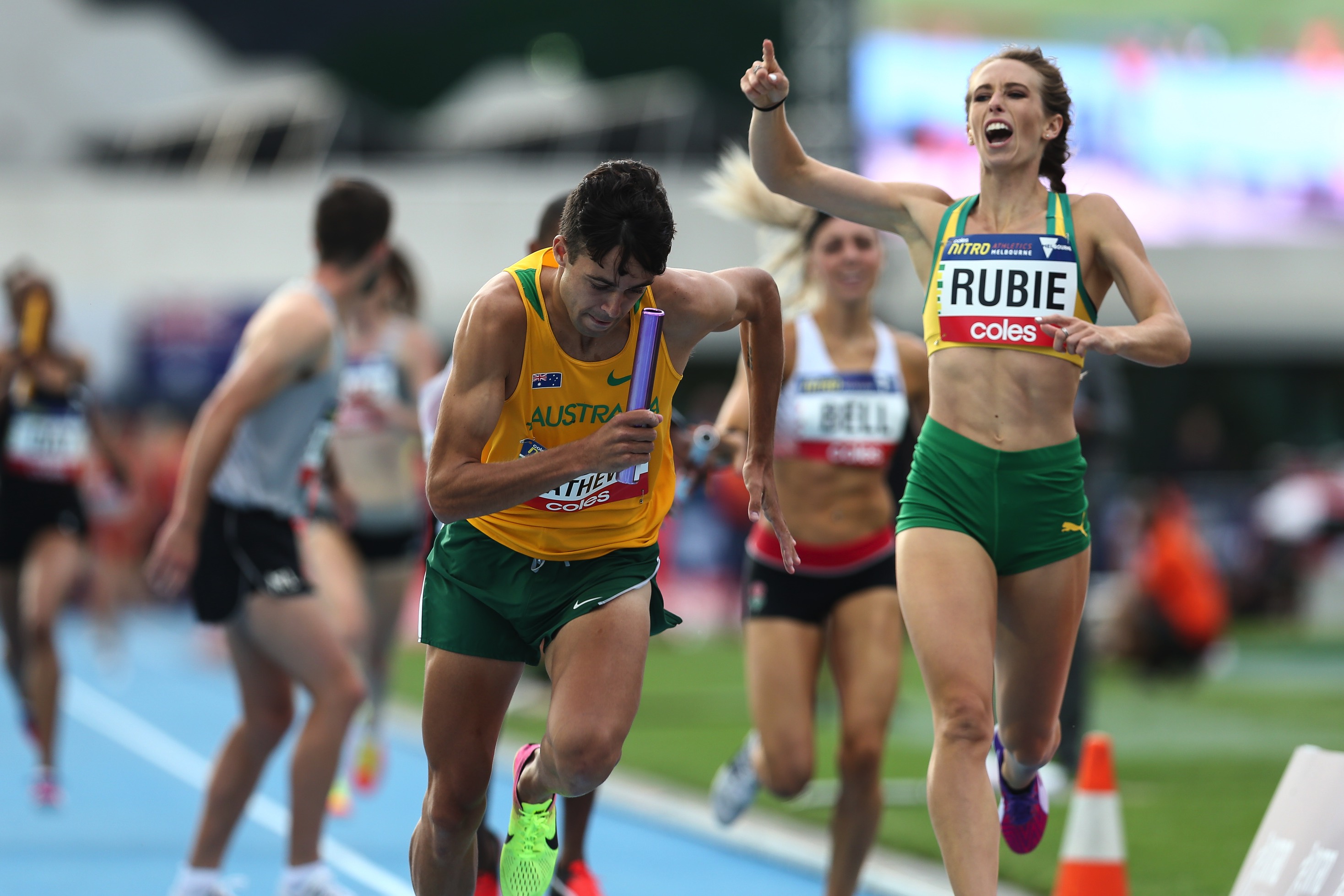Why do you run?
Written by Daniel Quin – Runner’s Tribe
A superficial answer to the question: “why do you run?” could include the well-documented physical health benefits. These include the lower incidence of heart disease, reduced rates of mortality, improved oxygen uptake, and so on. But this isn’t why I run. Perhaps it is not surprising that I recall the psychological benefits of exercise. Reduced anxiety and lower rates of depression are just some of the psychological benefits associated with regular exercise. So, the answer to: “why do I run?” is better physical and mental health.
But that doesn’t explain the volume and intensity of running and exercise that many Runners Tribe readers undertake. If it was just about the prevention of poor physical health or the reduced likelihood of mental illness none of us would run more than 50km a week, complete a marathon, strive for an elusive PB, chase a gold medal, or run 19,000 days in a row. Interestingly Melbourne runner and researcher Andre Le Gerche has proposed that excessive exercise can have a detrimental effect on an endurance athlete’s heart. More isn’t necessarily better.

To me, a more interesting question is: “Why do I run more than is necessary to prevent heart disease and mental illness?” The catch-all answer is: “Because it’s there. It’s a challenge”. However, the psychological literature can provide a more in-depth answer. Some of the reasons are included below.
Flow
Csikszentmihályi is credited with the concept of “flow”. The idea that without conscious thought we can lose all awareness of time, people, and distractions. For an accomplished runner that ability to be completely immersed in a run along a trail or path can be hugely satisfying. Flow can be achieved in many activities but minimal distractions, a good level of competence for the activity, and clear reasons for participation are important.

Social or connectedness
Being connected to others is a basic human need. For many, participation in running helps develop social relationships with other runners. Moreover, it can aid in identification as a runner. This identification and connection to running is more about promoting wellbeing and innate human needs for connection than the prevention of mental illness.
Sense of purpose
I used to run with a guy who joked that on Sunday he went to the “church of the long run”. I raise this because in generations past religion was viewed as part of having a sense of higher purpose or reason for existence. Having a racing or training goal can have a similar effect. It stills the mind, protects against boredom, and improves well-being.

The thrill or challenge
It is well established that participants in extreme sports such as downhill mountain biking and snowboarding get a buzz or adrenalin rush from the danger. Most running is not exactly an extreme sport but for many, the sense of physical challenge in running achieves a similar high. Standing at the start of a repetition or lining up on the start line takes us away from our comfort zone. The sense of achievement with overcoming the doubts and fears that can threaten to overwhelm can be hugely satisfying.
Each of these four benefits of running can be broadly categorised as intrinsic motivation. They are beneficial without any external acknowledgement or rewards. Generally, intrinsic motivation is best for psychological wellbeing because the effort and participation in running is sufficient for enjoyment.
In contrast extrinsic motivation can be applied and be rewarding but it isn’t as sustainable. For example, an extrinsic goal would be to lose weight to be slim for summer. With this extrinsic goal running is secondary to losing weight. Once the weight loss is achieved participation in running is difficult to maintain.
So next time you are asked: “why do you run?” Perhaps you can quote Csikszentmihályi, explain the centrality of social connectedness to human needs, discuss the demise of organised religion, or elaborate upon the satisfaction of overcoming fears on the start line!
END